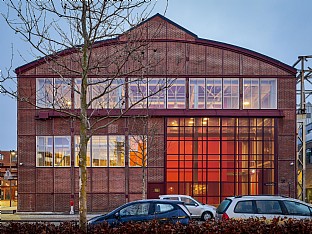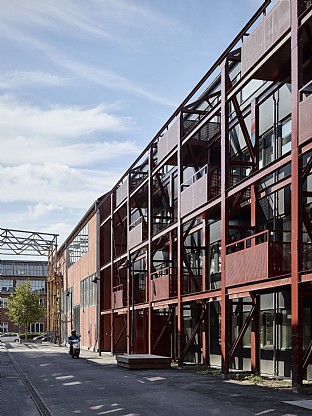Contact
+45 8730 5300
cfmoller@cfmoller.com
C.F. Møller Danmark A/S
Europaplads 2, 11.
8000 Aarhus C, Danmark
cfmoller@cfmoller.com
C.F. Møller Danmark A/S
Europaplads 2, 11.
8000 Aarhus C, Danmark
Press
Head of Communications
Peter Sikker Rasmussen
T +45 6193 6857
psr@cfmoller.com
Peter Sikker Rasmussen
T +45 6193 6857
psr@cfmoller.com
Subscribe
Subscribe to our newsletter and get
the latest architecture news.
the latest architecture news.






